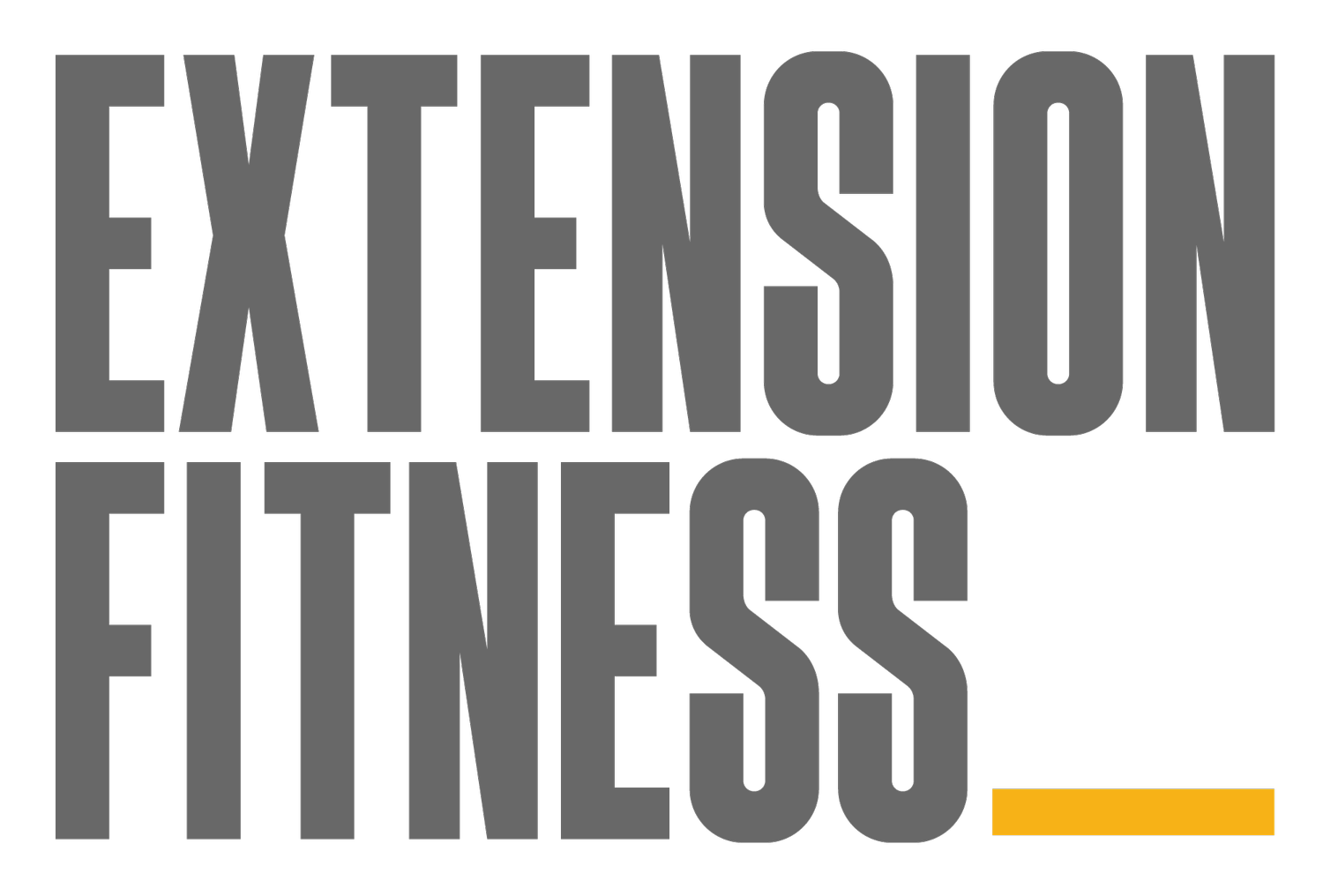Puking Into Buckets (A client email about rapid weight loss)
Recently, I had a new PT client come on board with the goal of losing weight and addressing what he described as the development of "an Elvis situation". I enjoyed working with him, but it became apparent that our partnership was not long for this world. He wanted to pursue very rapid weight loss, and to drive himself extremely hard in training - saying "next time, I want to be puking into a bucket." I thought this was a short-sighted strategy, and we ended up parting ways. I wish him every success in life and health! Here's a blog post I put together adapted from an email I sent to him. It gives you an idea of some of my philosophy towards weight loss. I say “some”, because in this post I do not mention many important things like:
the futility of trying to look like a starved, photo-shopped magazine model;
the immense emotional and cultural aspects of food, most of which are wonderful (e.g. ritual family meals), some of which are troublesome (developing a habit of eating because you’re simply bored).
Anyway, here’s an adaptation of that email:
“Dear Bazza (not client’s real name),
At your last session, you had some queries and potential concerns about some topics which I’ll address below under a few headings.
Exercise Intensity
You requested to be pushed harder in training. I really respect your work ethic and determination. But I am convinced it would be counterproductive to push harder at this point.
Doing so is very likely to injure you, or make you counterproductively sore or fatigued, and that’s not in your short, medium or long term interests - even from merely a weight reduction standpoint.
Puking into a bucket after training makes for an entertaining YouTube video, but no-one who’s achieved long term success at regular exercise and dietary discipline does this on a regular basis. Athletes occasionally push themselves to this point (e.g. 800m runners in a race, rowers in a 2K time trial) but it is a rare event - and it’s almost always a race or some infrequent benchmarking event like a time trial.
Exercise Selection
We discussed selecting exercise for weight loss. The context being:
can certain exercises (e.g. bench press) help you reduce body fat in certain areas (e.g. chest)?
Is more cardio in your sessions necessary for fat loss?
Firstly, the primary thing which will help you to achieve fat loss is expending more energy than you consume. This is not the whole picture but it is a very useful paradigm to employ. Your body will take fat from wherever it wants to (face, gut, butt, etc etc) for energy purposes and exercise selection cannot influence this.
Secondly, the sessions I have designed for you are optimised for fat loss through using combined resistance and cardio training. The resistance training is biased towards using multi joint exercises which use lots of muscle mass. This is the most effective way for you to build muscle mass in the short to medium term, and thereby increase your metabolism and potential for fat loss. These functional movements will also help your overall physical capability, making you more likely to move more day-to-day, thereby increasing energy usage.
Fat loss
The top thing you can do now aside from dietary discipline to facilitate fat loss is more frequent training. This can be cardio or resistance training. Once I have photos of your gym, I can get moving on your program. In the meantime, plenty of walking or using your cross trainer will help a lot.
Sleep is also important. Get as much as you reasonably can. This promotes recovery from training and can assist in adding muscle. It facilitates a hormonal environment conducive to fat loss.
In terms of diet, you need to be de-selecting or eating less energy dense food (processed sugars & alcohol especially). Reducing portion size is a good idea. Exercise is critical to helping you feel full or satisfied from food. Plenty of veggies, too.
If you lose weight too rapidly, you risk muscle loss and inadequate time for your body to recalibrate it’s set point. The “set point” refers to a weight level which your brain wants to defend. This is why it is very, very common for people who drop weight rapidly to put it back on quick smart and often end up with HIGHER fat mass than before. Generally, more than 1kg per week is not advisable. 500g/week is great. Weight loss takes time and there is simply no substitute for consistent, sensible training, good sleep and dietary discipline.
Tim”
